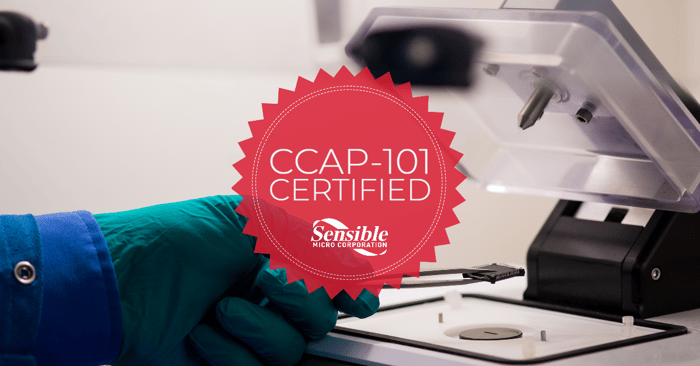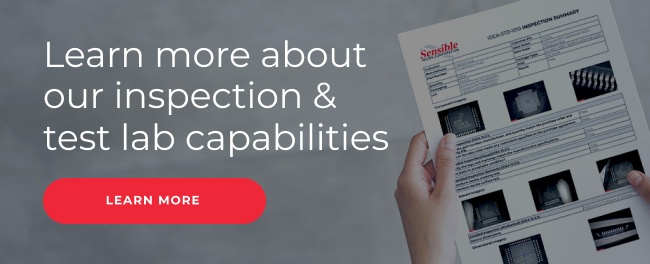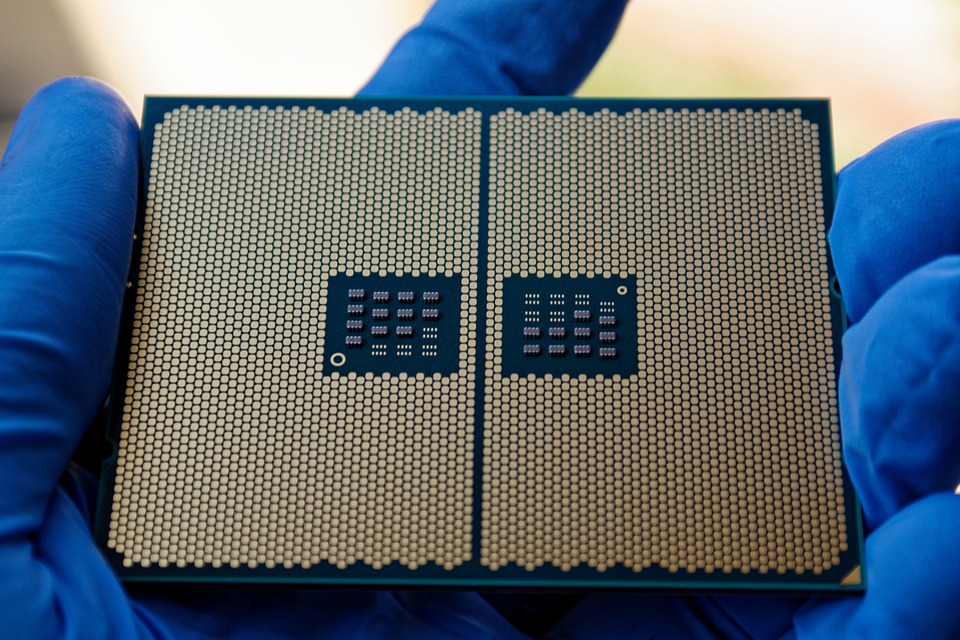Counterfeit electronic components pose a major issue to the global electronics industry, especially when it comes to sourcing from the open market or when looking for parts that are no longer in production. If components cannot be purchased directly from an original component manufacturer (OCM) or authorized distributor, it is important to inspect them to verify that no suspect anomalies are found. The CCAP-101 Counterfeit Components Avoidance Program is a certification program that was created to provide a documented process to inspect and detect non-conforming, substandard and suspect counterfeit electronic components.
In this post, we cover CCAP-101, focusing on the elements of the certification and its importance in electronic component counterfeit mitigation.
What is CCAP-101?
The CCAP-101 certification program was created by Components Technology Institute inc. (CTI) and was one of the first developed to define mandatory practices for use by Independent electronic component distributors to detect and avoid the delivery of counterfeit electronic components to their customers.
There are two levels of the CCAP-101 certification program; one that includes electrical testing (Level A) and one that does not, except for when necessary for specified passive components (Level B). The procedures and elements of the CCAP-101 certification were designed for components purchased from the open market, not those from OCMs or any other direct source. CCAP-101 is also intended for new components used in both commercial and military applications. By working with a CCAP-101 certified distributor, electronic component buyers can procure the parts they need with a higher degree of confidence in their authenticity.
Elements of the Certification:
CCAP-101-certified products go through rigorous sourcing, inspection and testing, and delivery procedures. Here are the mandatory elements of the CCAP-101 Counterfeit Components Avoidance Program:
- A distributor’s inspection procedures must be reviewed and approved for conformance to CCAP-101
- Distributors are periodically audited to ensure that their avoidance practices are inline to the CCAP-101 standards
- Purchasing practices by independent electronic component distributors
- Suppliers are to document each inspection
- Components go through visual inspection, sampling, and testing for remarking
- Components are examined via X-Ray inspection
- Components leads are tested via XRF Analysis
- Samples of discrete semiconductors and IC components get decapsulated and go through a die inspection
- Electrical testing of passive components, both Level A and Level B
- For Level A only, electrical testing is necessary for semiconductors and ICs
- Selection and control of contract test labs
- Counterfeit avoidance inspection report
- E-documentation and retention of data specified
- Supply of inspection results summary and Level A or B Certificate of Conformance to the customer with the parts
Committed to Quality Components:
The best way to avoid sourcing counterfeit electronic components is to work directly with original component manufacturers and their authorized distribution network. However, due to end of life and shortage issues, that is not always possible. When components are not available through a direct traceable channel, partnering with a certified independent distributor who has a vetted supply chain, inspection capabilities and expertise to confirm the integrity of components ordered is a must. These distributors can ensure parts are not suspect and safeguard your investments. Dedicated to quality and customer service, Sensible Miro is committed to counterfeit avoidance and mitigation. We were one of the first distributors in the industry that was trained and certified to the CCAP-101 Counterfeit Components Avoidance Program and have continued to maintain that certification and others.
In our on-site, technically-advanced inspection lab, Sensible Micro can perform full counterfeit avoidance testing. If your flow-down counterfeit mitigation efforts require CCAP-101, we can facilitate it for you. If a CCAP-101 is not required, we can help create a custom flow-down General Counterfeit Avoidance Test (GCAT) plan that supports your application end-use requirements. Schedule a call with a Sensible Micro representative today to discuss your sourcing and testing needs.
Stay on top of the latest developments in the industry by subscribing to the Sensible Micro blog today.



















